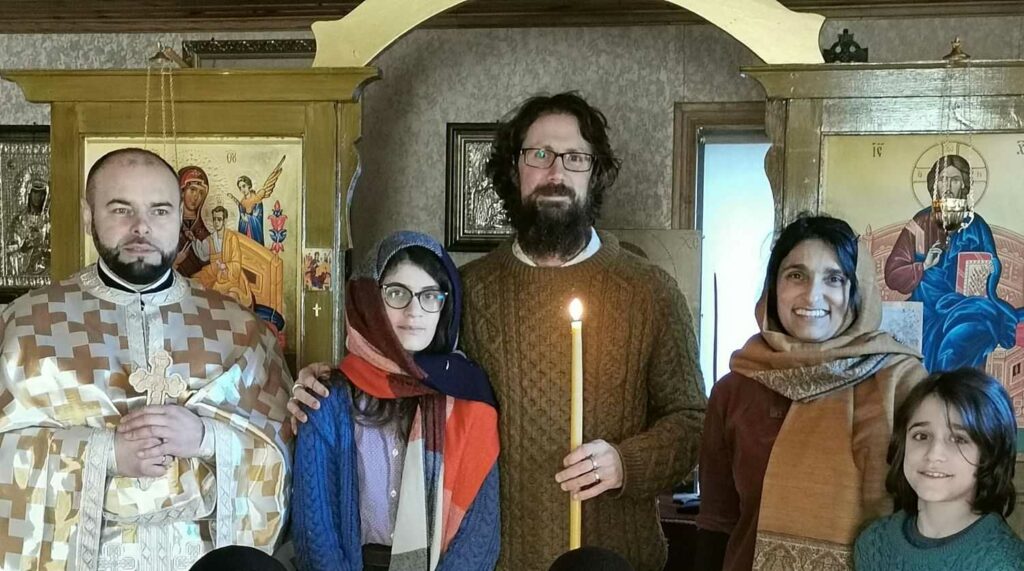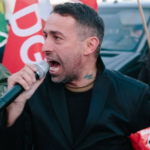Blog Post
The Last Dregs of Christendom: An Interview with Paul Kingsnorth
By Jonathon Van Maren
“We’re in either a collapse or a massive transformation culturally in the West,” Paul Kingsnorth tells me cheerfully from his home study in Ireland. “We’re very much at the end of the last dregs of Christendom, which have been dragged out for a long time and are now basically gone. If you take a step back, you ask yourself: why are we even talking about a thing called ‘the West’? The only reason is that it’s the remnants of Western Christendom—which then became Enlightenment liberalism, which is also basically collapsing because it had no real foundation other than individualism. We’re looking at the end of a culture and the beginning of something else, which appears to be a combination of radical individualism and global capitalism at its most rapacious. It’s not a good-looking future.”
I’m chatting with Paul Kingsnorth via Zoom. Behind him are shelves spilling over with books and binders, and I hear a rooster crowing loudly—it turns out to be his daughter’s Bantam. He hoists it to the camera, and the Bantam displays his beautiful red comb and wattles and excellent orange plumage. He is not house-trained, and so his humans clean up after him. The rooster is a new father, and their Silkie chicken has just hatched several duck eggs. The Kingsnorth homestead, where he and his wife (a former psychiatrist) homeschool their two children, is now home to 800 newly planted trees and enormous vegetable gardens. The Kingsnorths aren’t preppers, per se, but they could pass for them.
Kingsnorth was once one of the UK’s most notorious environmentalists, a writer and activist who physically barricaded constructions sites and was arrested for chaining himself to a bridge. In 2001, New Statesman named him one of Britain’s “top ten troublemakers,” and Kingsnorth busied himself with both journalism and activism, traveling the world to report on the clash between nature and civilization. His 2003 book, One No, Many Yeses, was a prescient look at how globalization destroys historic cultures. In 2014, he published the first of his Buckmaster Trilogy, the story of an Anglo-Saxon’s resistance against the Norman conquerors in 1066 and written in a unique fusion of Old and Modern English. In 2020, Aris Roussinos of unHerd called Kingsnorth, “England’s greatest living writer.”
Earlier this year, Kingsnorth stunned many by announcing that he had been baptized into the Romanian Orthodox Church after a decade-long spiritual journey that had taken him through Buddhism, paganism, and finally to the foreign faith of his forefathers: Christianity. He described his transformation in a magnificent essay in First Things entitled “The Cross and the Machine.” He noted that the philosopher John Moriarty had observed, “The story of Christianity is the story of humanity’s rebellion against God”—and this was a revelation.
“I had never thought of that ancient, tired religion in this way before, never had reason to, but as I did now, I could feel something happening—some inner shift, some coming together of previously scattered parts designed to fit, though I had never known it, into a quiet, unbreakable whole,” he wrote. “A truth I would surrender to. What was this abyss inside me, this space that had been empty for years, that I had tried to fill with everything from sex to fame to politics to kenshō, and why was something chiming in it now like a distant Angelus across the western sea?”
READ THE REST OF THIS COLUMN AT THE EUROPEAN CONSERVATIVE








